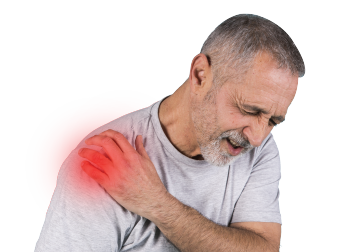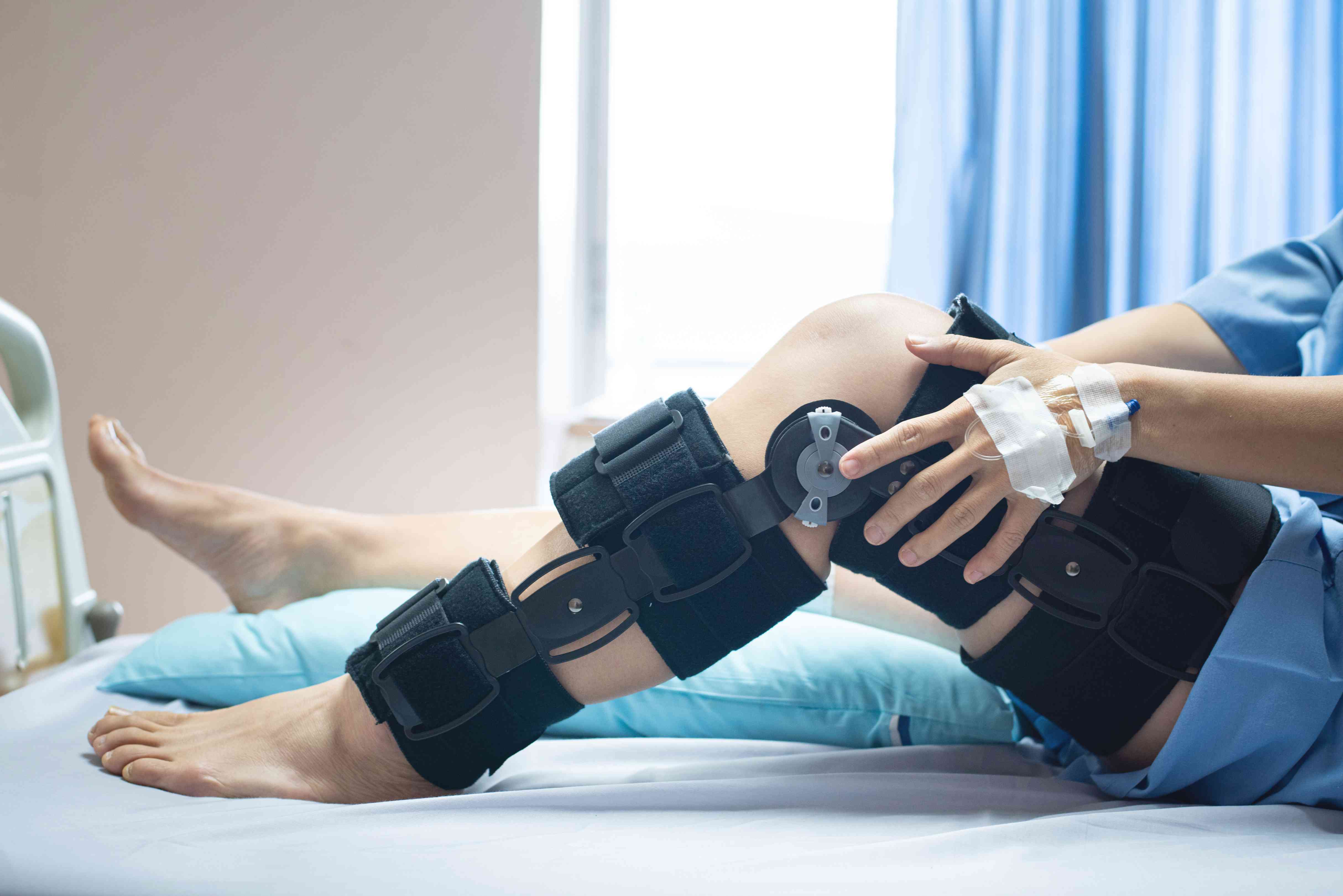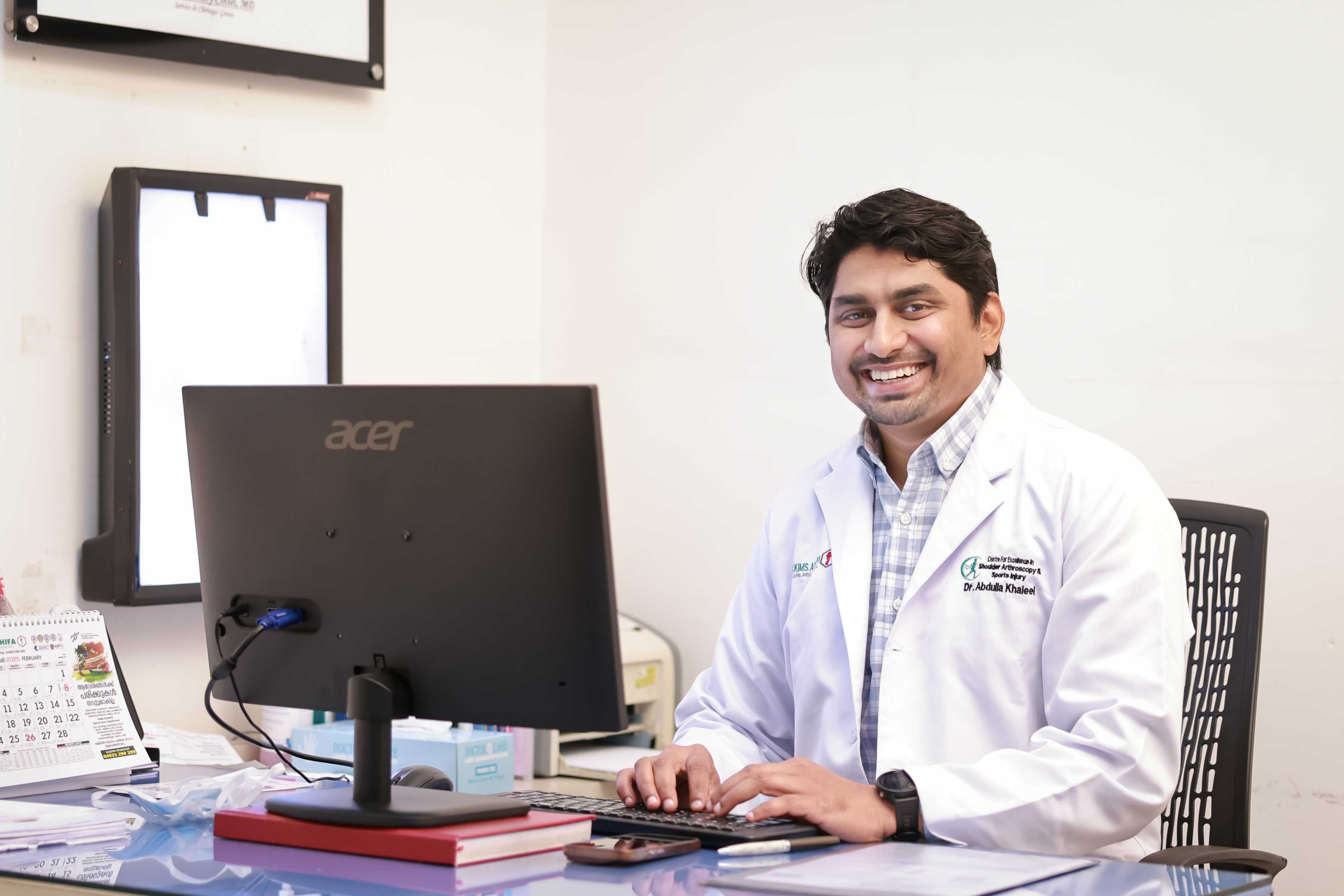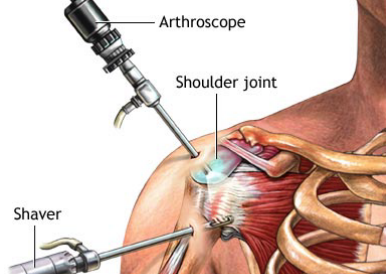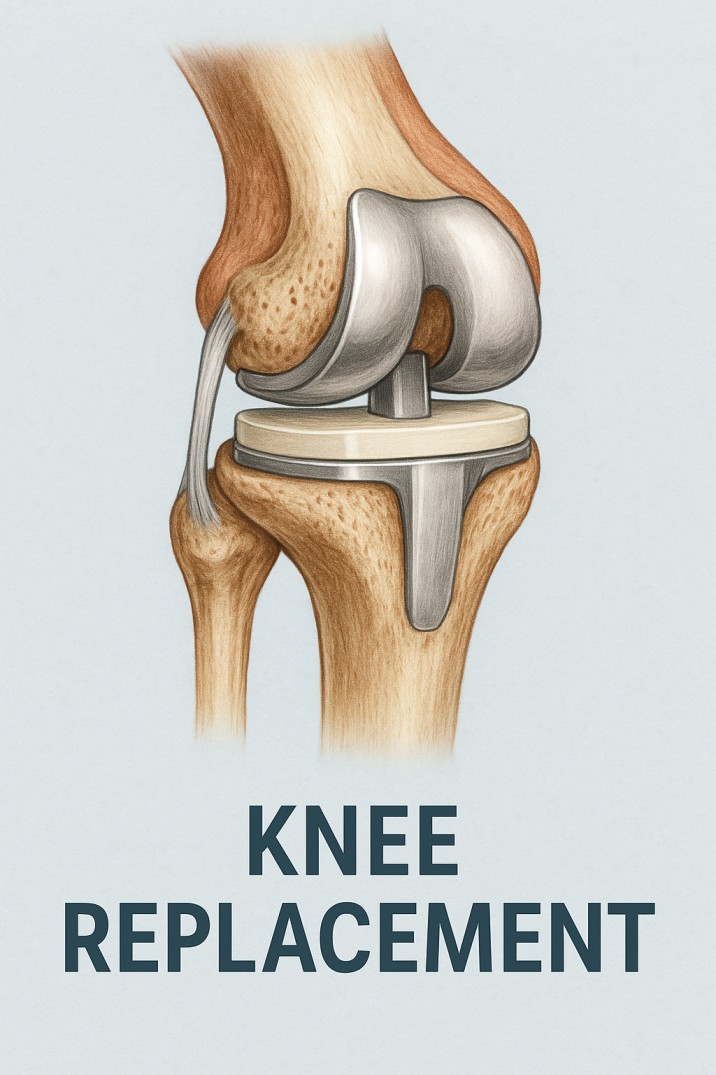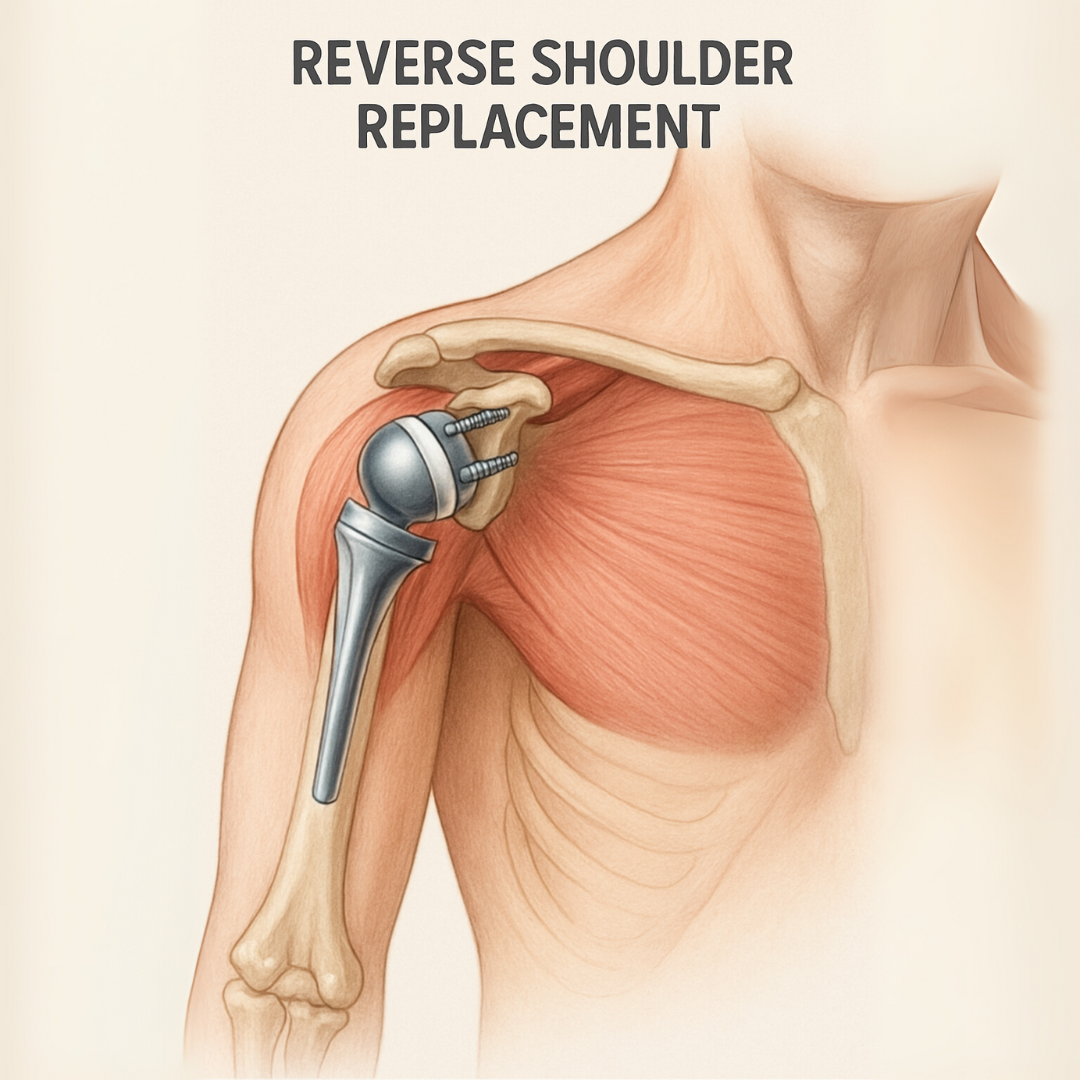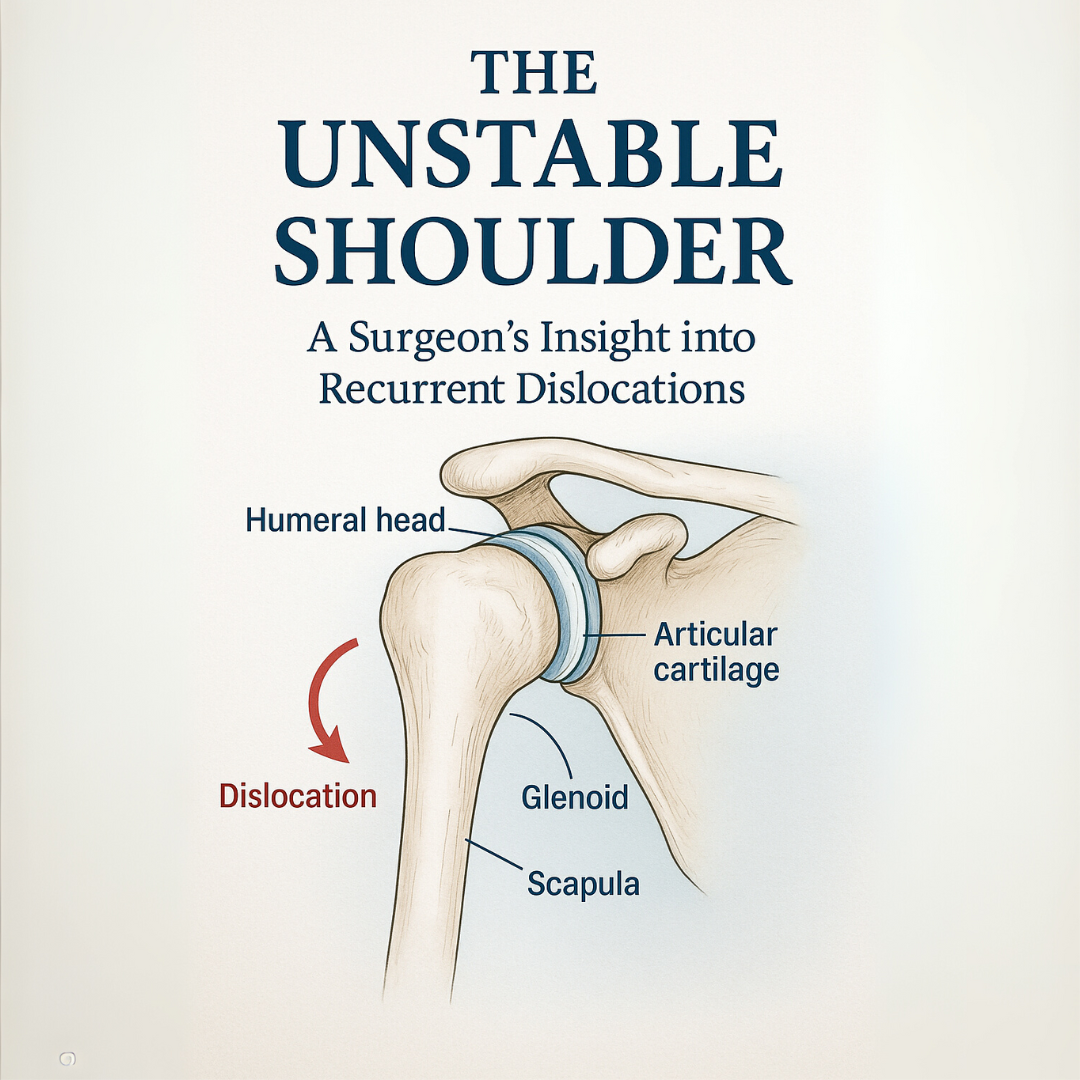ROTATOR CUFF TEARS
A rotator cuff tear is a common cause of shoulder pain and disability among middle ages. Normally there are 4 rotator cu¬ tendons that form a covering over the top of the shoulder. These tendons allow the shoulder to move and rotate. Most tears occur in the supraspinatus tendon, but other part of the rotator cuff may be involved. Overuse is the most common cause of tears, however a fall or sudden injury can also cause a tear.
Rotator Cuff Pain Symptoms
often develops slowly over a period of time and may be worse at night time or with overhead activities. An injury may cause acute pain. Pain may radiate down the arm towards the elbow and up towards the neck.
Diagnosis
Your doctor will perform a comprehensive physical examination. Additional tests may be performed to rule out other possible injuries. These tests may include x-rays, bone scanning, ultrasound, and magnetic resonance imaging (MRI).
Rotator Cuff Treatment
Your doctor may recommend a brief period of anti-inflammatory (Pain-killer) medication and activity modification. A Course of rehabilitation may also be helpful. Injection of a corticosteroid with a local anesthetic may alleviate the symptoms. Anti-inflammatory (Pain-killer) medication should be used cautiously as these medications may have harmful side-effects.
Arthroscopic Repair
Surgery is recommended when non-surgical treatments have been tried. This technique uses multiple small incisions (Portals) and arthroscopic technology to visualize and repair the rotator cu¬. All- arthroscopic repair is usually an outpatient procedure. Suture anchors are placed into the bone and used to re-attach the tendons to the bone. Advantages Includes Less pain after surgery , Decrease stiffness after surgery, can repair all four muscles in one sitting, Early Rehabilitation, Better for patients having Diabetes and thyroid dysfunctions. Rehabilitation after surgery is important.
Natural History of Rotator Cuff Tear
Patient treated without surgery develop enlargement of the rotator cu¬ tear over some period of time. However, 20% of those will have no symptoms. 80% patients with tear will have enlargement and will develop symptoms.
Outcomes of Rotator Cuff Tear Repair
Satisfaction rates are over 90-95% with improved range of motion and strength. Out-comes are improved with earlier repair, smaller tear, patient age and patient compliance after surgery.
Author by
Dr. Abdulla Khaleel
MBBS, MS (Ortho), Fellowship in Knee & Shoulder Surgery Consultant Arthroscopic & Sports Injury Surgeon, KIMS Alshifa
